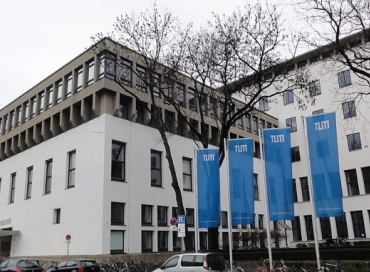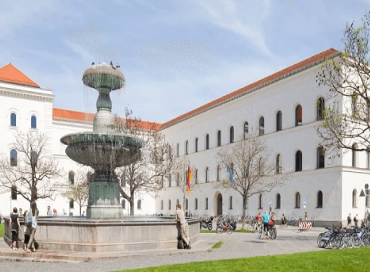Germany
Artificial Intelligence
Gateway to Cutting-Edge Careers in Germany
Germany is a European leader in artificial intelligence (AI), with industries like automotive, healthcare, and manufacturing driving AI innovation. AI professionals, including AI Research Scientists, Natural Language Processing (NLP) Engineers, and AI Application Developers, are vital to helping German businesses leverage AI to improve productivity, efficiency, and innovation.

<span data-metadata=""><span data-buffer="">AI Research Scientist
“>AI Research Scientists in Germany focus on developing advanced machine learning models, deep learning algorithms, and AI-based systems. They contribute to industries like autonomous driving, manufacturing, and robotics, often working at leading research institutions, universities, and tech companies.
Natural Language Processing Engineer
NLP Engineers in Germany develop AI systems that can process and understand human language. These engineers create tools for language translation, virtual assistants, and automated customer service systems, using AI and machine learning to improve communication between machines and people.


AI Application Developer
AI Application Developers in Germany are responsible for building AI solutions that solve real-world problems. They integrate AI into applications like autonomous driving systems, predictive analytics, and healthcare diagnostics, using frameworks such as TensorFlow, Keras, and PyTorch.
Why Choose a Career in Artificial Intelligence?
A career in AI in Germany offers the chance to work in one of the most technologically advanced countries in the world. AI professionals are at the heart of innovations that improve efficiency in industries like automotive manufacturing, healthcare, and energy, and they contribute to Germany’s leadership in AI research and development.
Artificial Intelligence Job Outlook
Germany’s AI job market is thriving, with opportunities across sectors such as autonomous vehicles, smart manufacturing, and healthcare. Cities like Berlin, Munich, and Frankfurt are home to major AI employers and startups working on cutting-edge AI technologies.
Future Aspects of Artificial Intelligence
The future of AI in Germany will focus on AI-driven advancements in industries like manufacturing, robotics, and healthcare. AI Research Scientists will work on enhancing deep learning and autonomous systems, while NLP Engineers will refine AI’s ability to understand and process human language in diverse applications.
Top Artificial Intelligence Employers
Top AI employers in Germany include tech giants like Siemens, Bosch, and BMW, as well as research institutions like the Max Planck Institute and Fraunhofer Society. AI startups and companies in the automotive, healthcare, and robotics industries are also key employers of AI talent.
Average Salary in Artificial Intelligence
Salaries for AI professionals in Germany are highly competitive. AI Research Scientists typically earn around EUR €90,000 annually, while NLP Engineers and AI Application Developers make approximately EUR €75,000, depending on their experience and industry focus.






